Eighty-year old Sir John Major does not appear to be enjoying a peaceful retirement. Judging by his frequent tetchy interventions in public life, the former prime minister is far from a happy bunny.
Sir John’s latest outburst was not on his usual hobby horses of the iniquities of Boris Johnson or the horrors of Brexit, but came in a speech – delivered to the liberal Prison Reform Trust at the Old Bailey of all places – that will give comfort to the criminal community. For Major is worried that we are locking up too many people for minor offences.
On this topic – as on so many others – Major is out of step with public opinion. Most people rightly think that our courts and judges are often unforgivably lax and far too inclined to let offenders off with a non-custodial sentence for crimes for which they should be doing time.
But the interesting question about Major is not so much why he espouses such non-Tory views on law and order, (they are, after all, the standard fare of the chattering classes) – but why he seems compelled to utter them in ways designed to be unhelpful to the party that he presumably still nominally supports.
Despite this disaster, Major continued to blindly pursue his pro-EU path
Unlike Tony Blair and Gordon Brown, whose post-power thoughts are generally positive and supportive of the current Labour leadership, Major has inherited Ted Heath’s role as the incredible sulk – the bearer of the longest grudge in British political life.
Heath never forgave Margaret Thatcher for daring to supplant him as Tory leader after his less than glorious premiership ended in ignominy and two election defeats in 1974. So, too, Major seems eaten up with resentment that his even more disastrous time in Downing Street culminated in 1997 with the worst Conservative electoral performance since the Second World War at the hands of New Labour.
If Major was a revered elder statesman basking in the remembered glory of a successful spell at the summit of power, he would be entitled to be heard with attention and respect – even for eccentric views that are wildly at variance with those of his party and the wider public. Sadly, that is not the case.
For readers too young to recall the long car crash that was Major’s premiership, let me recount the lowlights. He took up residence in 10 Downing Street in 1990 after Mrs Thatcher had been dethroned by her own party. Major was Thatcher’s preferred candidate to succeed her simply because he was not the hated Michael Heseltine – the man who had challenged her for the leadership.
Thatcher was labouring under the false impression that Major was a Thatcherite cut from her own true blue cloth, and had promoted him above his pay grade to be chancellor and (briefly) foreign secretary accordingly. Once in power, however, he revealed his true colours as a slavish Europhile at least as fanatical as Heseltine, and pursued a policy of aligning the pound with the European Monetary System, resulting in the fiasco of ‘Black Wednesday’.
That day, 16 September 1992, saw Britain forced to withdraw from the European Exchange Rate Mechanism at the cost of billions of pounds – a financial catastrophe that saw thousands plunged into mortgage poverty and cost the Tories their reputation for economic competence.
Despite this disaster, Major continued to blindly pursue his pro-EU path, and forced through the Maastricht Treaty subverting parliament to the dictates of unelected foreign bureaucrats. He branded those Tories who opposed him as ‘bastards’.
Meanwhile, the prime minister was becoming a much mocked figure of fun – derided by satirists as a grey man presiding over a series of Tory sex scandals while proclaiming a ‘back to basics’ return to rigid morality. (Major’s own extra marital affair with his party colleague Edwina Currie was only revealed long after he was ejected from No. 10).
The shame of leading the Tories into the electoral abyss of 1997 that kept them out of power for the next thirteen years kept Major off the airwaves for a while. But he was soon back on his soapbox, lecturing us on where Britain was going wrong, and how much better things would be if we would only listen to him.
His principle bugbears were Boris Johnson and Brexit, regarding both almost as personal affronts. In the 2019 election, he went as far as recommending people to vote for anti-Brexit candidates even when they were opposing loyal Tories. Major called for the ousting of Johnson and rejoiced when it happened.
In contrast to his mild-mannered image, since his defeat Major has exhibited an unattractive streak of personal spite and malice that does his reputation no favours at all. Why this monumental failure should be regarded as a source of wisdom is a mystery. And there is no reason why we should listen to him either.
Got something to add? Join the discussion and comment below.
Get 10 issues for just $10
Subscribe to The Spectator Australia today for the next 10 magazine issues, plus full online access, for just $10.

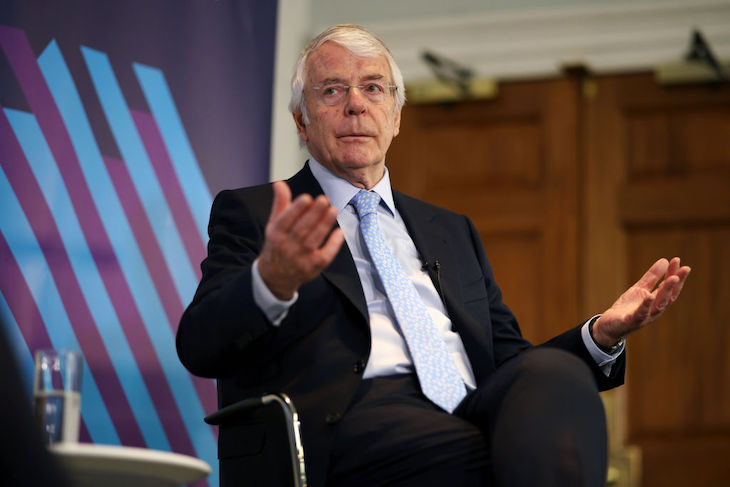

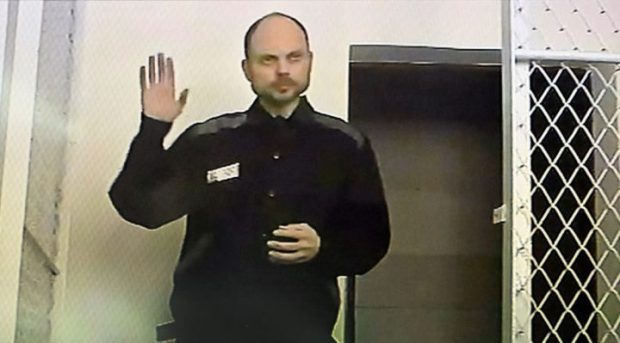
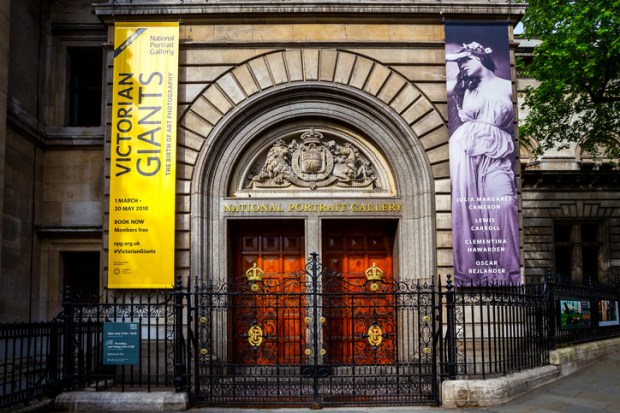
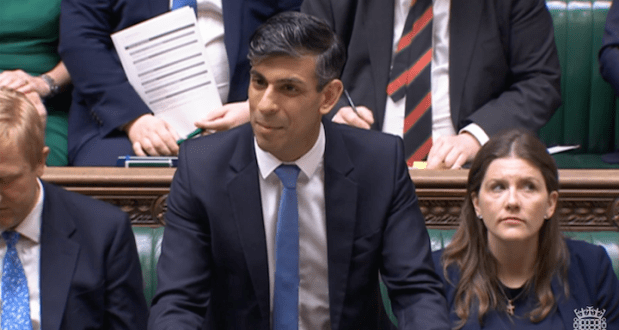

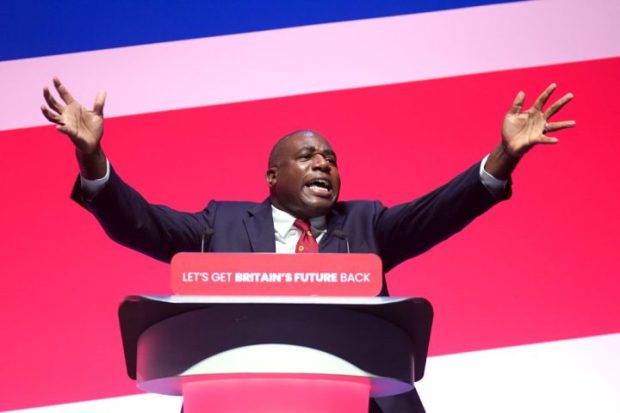












Comments
Don't miss out
Join the conversation with other Spectator Australia readers. Subscribe to leave a comment.
SUBSCRIBEAlready a subscriber? Log in